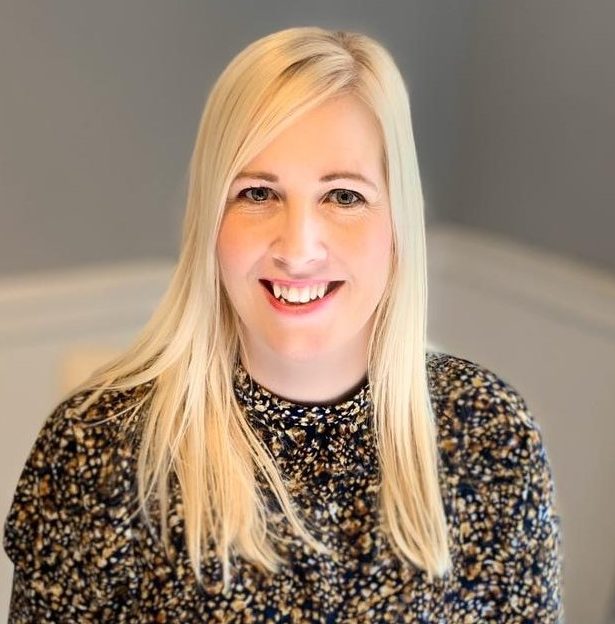
Dr Claudia Moss is a highly experienced Chartered Educational Psychologist and Founding Director of Moss Inclusive Psychology.
After completing her BSc Honours degree in Psychology at Sheffield Hallam University, she worked as an Inclusion Support Worker with KS3 and KS4 pupils who experienced Social, Emotional and Mental Health needs and then undertook a Postgraduate Certificate in Education (PGCE) in Lincolnshire, followed by a Doctorate in Applied Educational Psychology at the University of Nottingham in 2007.
Claudia’s most recent experiences include working for a large Local Authority as a Senior Practitioner Educational Psychologist with a Social Emotional and Mental Health (SEMH) specialism. Claudia is also an accredited trainer in Therapeutic Story Writing Groups, and Elizabeth Holmes caught up with her to find out all about her role in this capacity.
Elizabeth H: How did you first come across Therapeutic Storywriting Groups (TSW)?
Claudia M: Working as an Educational Psychologist, I have always had a strong interest in story and narrative approaches when working with children and young people and often use these approaches in my work. My colleague and fellow trainer in TSW, first came across the website whilst doing some research and we both then attended the 3-day training together back in 2015 and very successfully introduced this approach into the Local Authority we worked in at that time.
EH: Do you find that Therapeutic Storywriting fits into your work as a whole?
CM: Therapeutic Storywriting is an innovative and creative way to support children whose emotional difficulties are acting as a barrier to their academic learning, so I find that it fits in very well with other approaches that I use in my work with children. I enjoy both delivering the intervention myself and training and upskilling other professionals to support children with social, emotional and mental health needs.
EH: Why do you think it is successful as an intervention? What, in your experience, makes it work?
CM: TSW is a fantastic and very engaging intervention which supports children’s social and emotional well-being as well as further developing young people’s literacy skills. Children thoroughly enjoy coming to the sessions which are very structured and containing. Children do not often have the time and space to engage in free writing activities like they do in the TSW intervention. Although we provide a story opener to start them off, they are then free to take the story in whatever direction they choose. The use of metaphor and indirect interpretation is a key part of the intervention, which makes it a safe and effective way of exploring uncomfortable emotions and working through the process of resolution.
EH: There are clear benefits for schools and children in running TSW groups. From your experience so far, what can schools expect to gain from it?
CM: Feedback and evaluations undertaken by myself and colleagues highlight significant improvements in young people’s social and emotional wellbeing with children frequently developing their emotional literacy skills, and ability to understand and manage their feelings and ability to self-regulate. The intervention also helps to address children’s self-esteem as a learner and helps them to develop their literacy skills. I think the fact that it helps both emotional development and literacy is a significant benefit for schools as well as children.
EH: Have you had any “wow” moments with Therapeutic Storywriting?
CM: Lots! I have worked with a number of reluctant writers with low self-esteem as a learner and seen fantastic outcomes and more engagement with writing as a result. One child in particular learnt to manage her emotions and self-regulate more effectively leading to her feeling happier within school and a reduction in her anxiety and challenging and externalised behaviours.
EH: As a trainer, what do you enjoy most about helping others to learn about implementing the Therapeutic Storywriting groups in their schools?
CM: I absolutely love working with other professionals as a trainer whilst developing their understanding and knowledge of the TSW approach. It’s lovely to hear all of the positive feedback from school staff and the children themselves regarding the engagement and success of the intervention. During the 3-day training we share and discuss in depth case studies as well as engage in experiential learning, so professionals get the opportunity to experience what the children do. The excitement and buzz coming from delegates on Day 2, once they have started running their own group is so positive and inspiring!
EH: That sounds very fulfilling!
CM: Therapeutic Storywriting is a fantastic intervention, and it just works! The feedback from professionals who have attended the 3-day training has been really positive and led to the approaches being further embedded across educational settings, which is so heartening to see.

